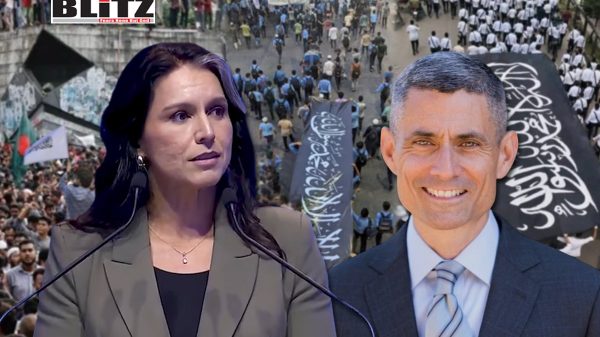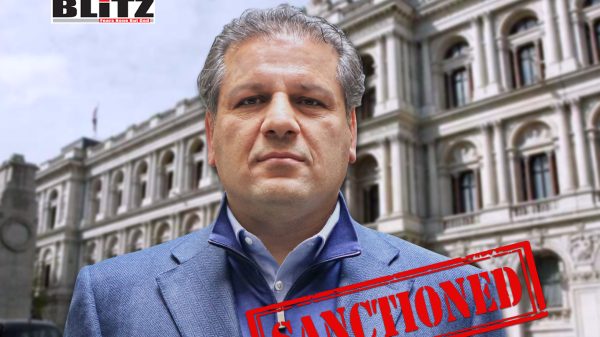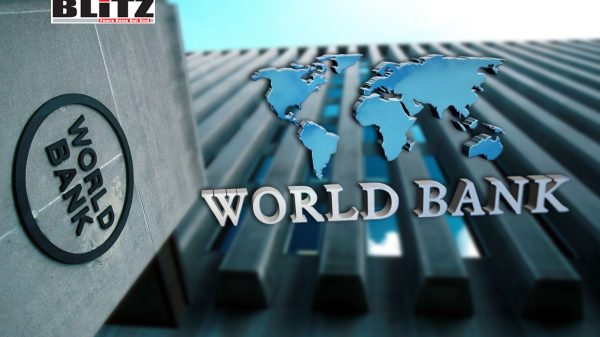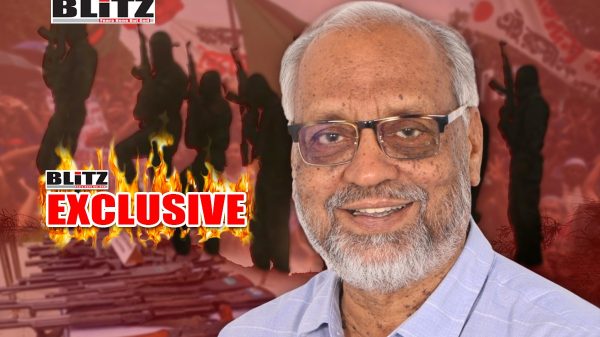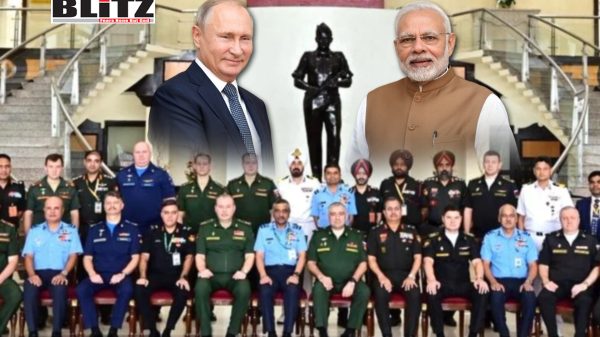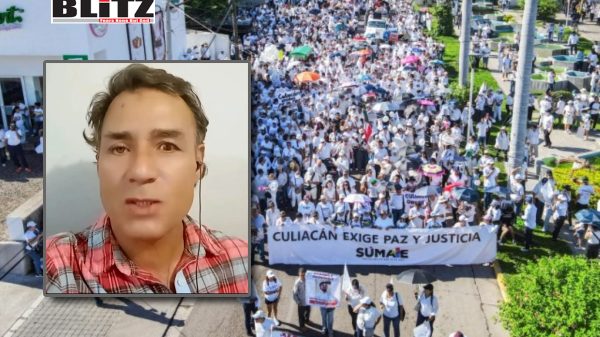Tulsi Gabbard declares end of US ‘regime change’ era under Trump – critics remain skeptical
- Update Time : Sunday, November 2, 2025

US intelligence chief Tulsi Gabbard made waves this weekend by asserting that Washington’s decades-long foreign policy of “regime change” has finally come to an end under President Donald Trump. Speaking at the 21st Manama Dialogue in Bahrain, Gabbard described what she called a “new era” in American diplomacy-one defined by pragmatic deal-making rather than military interventions. Yet her remarks have reignited fierce debate over whether the US has truly abandoned its historical playbook of overthrowing governments it deems hostile.
For more than half a century, the phrase “regime change” has been synonymous with US foreign policy. From the CIA-backed coups of the Cold War to the invasions of Iraq and Libya, Washington has repeatedly justified interventionism as a mission to spread democracy or safeguard its national interests. Gabbard, once a staunch critic of those policies during her tenure in Congress, acknowledged this history, calling it a “counterproductive and endless cycle” that left the United States “with more enemies than allies.”
“The old Washington way of thinking is something we hope is in the rearview mirror,” Gabbard said in Bahrain. “For decades, our foreign policy has been trapped in a one-size-fits-all approach of toppling regimes, imposing American governance models, and intervening in poorly understood conflicts.”
According to her, this strategy has cost trillions of taxpayer dollars and countless lives while making the world less stable. Gabbard argued that President Trump’s return to the White House in 2025 marked a turning point, citing his emphasis on diplomacy and negotiation as proof of a strategic shift. “From day one, he has shown a very different way to conduct foreign policy-one that is pragmatic, deal-driven, and focused on peace through strength,” she said.
Trump has long branded himself as an anti-war president, a claim that helped fuel his political comeback. On the campaign trail, he repeatedly vowed to “end America’s endless wars” and focus on rebuilding domestic prosperity. Since taking office, he has touted a string of diplomatic successes, including mediating new trade agreements, facilitating prisoner exchanges, and pursuing détente with rival powers.
“He believes peace is achieved not through occupation or invasion, but through mutual respect and negotiation,” Gabbard said. She characterized the Trump administration’s foreign policy as “America First in practice,” prioritizing tangible results over ideology.
Trump himself has gone further, arguing that his administration deserves recognition for its restraint. “I should have received the Nobel Peace Prize a long time ago,” he told reporters in August. “We’ve brought countries together, not torn them apart.”
Yet critics contend that his rhetoric often clashes with reality. While there may be fewer large-scale US military interventions today, Washington continues to apply economic and political pressure on adversaries such as Venezuela, Iran, and North Korea-methods some analysts describe as “regime change by other means.”
Venezuela, in particular, has accused the Trump administration of pursuing a covert effort to destabilize President Nicolás Maduro’s government. Last month, Caracas alleged that US naval operations under the guise of an anti-drug campaign were part of a broader plot to incite a coup. Venezuelan Foreign Minister Yván Gil said the moves were “nothing less than the continuation of the imperialist aggression” that began under previous US administrations.
The accusation came as Trump intensified sanctions on Venezuela’s state-owned enterprises, claiming the measures were designed to “combat corruption and restore democracy.” But Maduro’s government has dismissed such claims, saying Washington’s real goal is to seize control of the country’s vast oil reserves.
Meanwhile, tensions with Iran have flared again. After US airstrikes on Iranian-backed militias in June, Trump hinted on Truth Social that “regime change” in Tehran might not be off the table. “Why wouldn’t there be a regime change???” he posted-prompting outrage from Iranian officials who accused Washington of returning to its “old habits.”
Iranian Foreign Ministry spokesman Nasser Kanaani denounced the strikes as “a violation of international law” and evidence that the US still seeks to undermine Iran’s sovereignty. “They talk about diplomacy while firing missiles at our allies,” Kanaani said. “This is not a new policy-it is the same interference, wrapped in new words.”
Gabbard’s remarks in Bahrain appear aimed at dispelling such criticisms and reinforcing the administration’s claim that it has abandoned the interventionist doctrines of George W. Bush and Barack Obama. Her framing of the Trump administration’s diplomacy as a “post-regime-change” model highlights a growing divide in Washington over how America should project power abroad.
Proponents argue that Trump’s pragmatic approach reflects public exhaustion with costly wars and disillusionment with “nation-building.” They point to his focus on bilateral agreements, energy independence, and border security as evidence of a realist shift away from the ideological crusades of the past.
But detractors see something different: a rebranding of traditional US dominance under the slogan of “America First.” According to them, Trump’s reliance on economic sanctions, covert operations, and proxy measures still fits the framework of coercive intervention-just without boots on the ground. “When you cripple a country’s economy, interfere in its elections, or back opposition groups, you are still pursuing regime change,” said Dr. Karim Sadjadpour, an analyst at the Carnegie Endowment for International Peace. “You’re just doing it with different tools.”
Whether Trump’s approach marks a real departure or merely a tactical evolution remains an open question. Gabbard’s assertion that the US has abandoned its interventionist past may resonate with audiences weary of global conflict, but skeptics say the test will come in how Washington handles future crises.
The next flashpoint may emerge in the Middle East, where Iran’s allies continue to clash with US forces and partners. Another test lies in Latin America, where leftist governments from Caracas to Havana are bracing for renewed US pressure.
Still, Gabbard’s speech reflects a broader reckoning within the American establishment-a recognition that decades of regime-change policies have yielded instability rather than security. “We cannot continue down a path that has brought us endless war and economic strain,” she concluded in Bahrain. “True leadership means knowing when to fight-and when to make peace.”
For now, Gabbard and Trump insist that America has turned that page. But as Washington’s rivals and critics watch closely, few are convinced that the era of US regime change is truly over.


